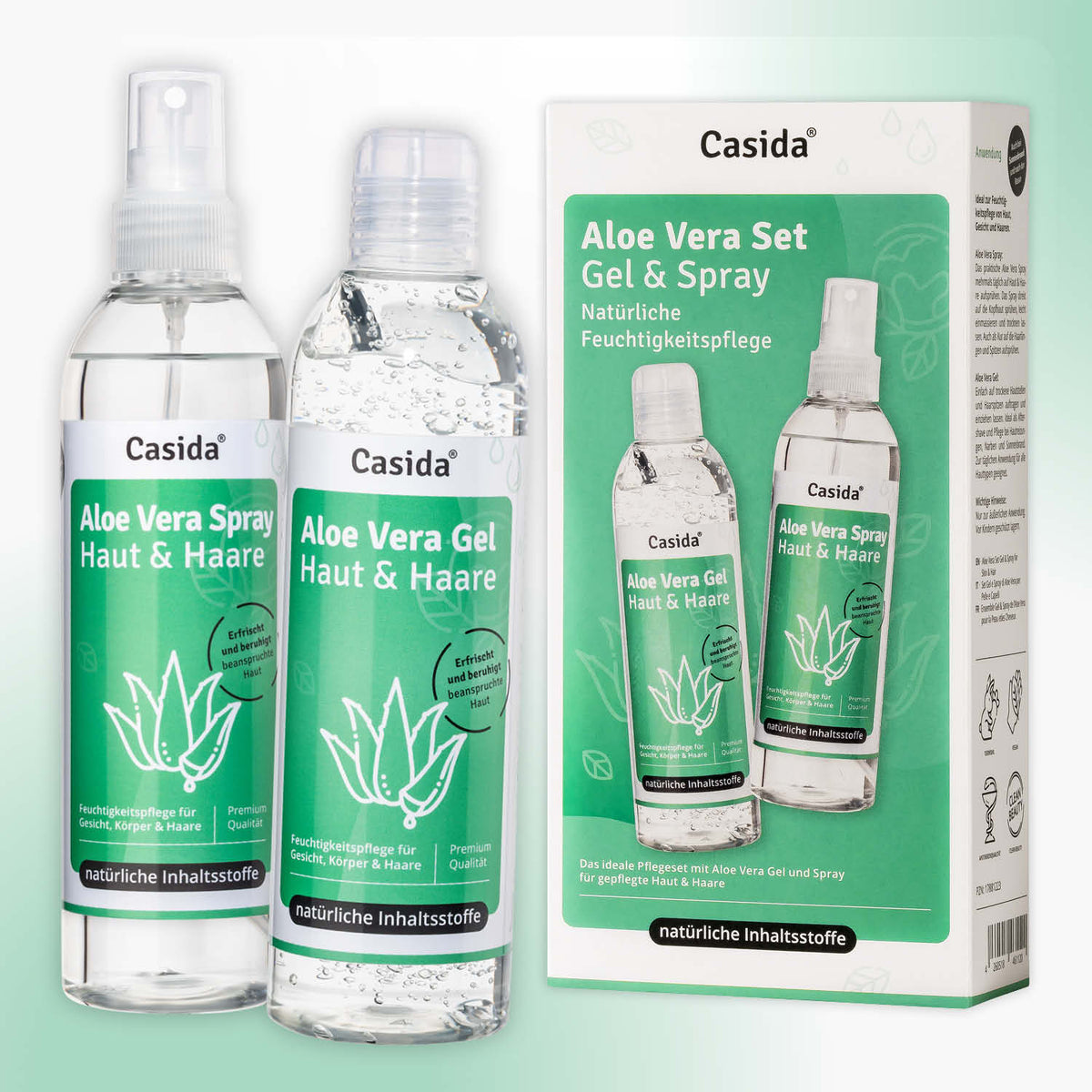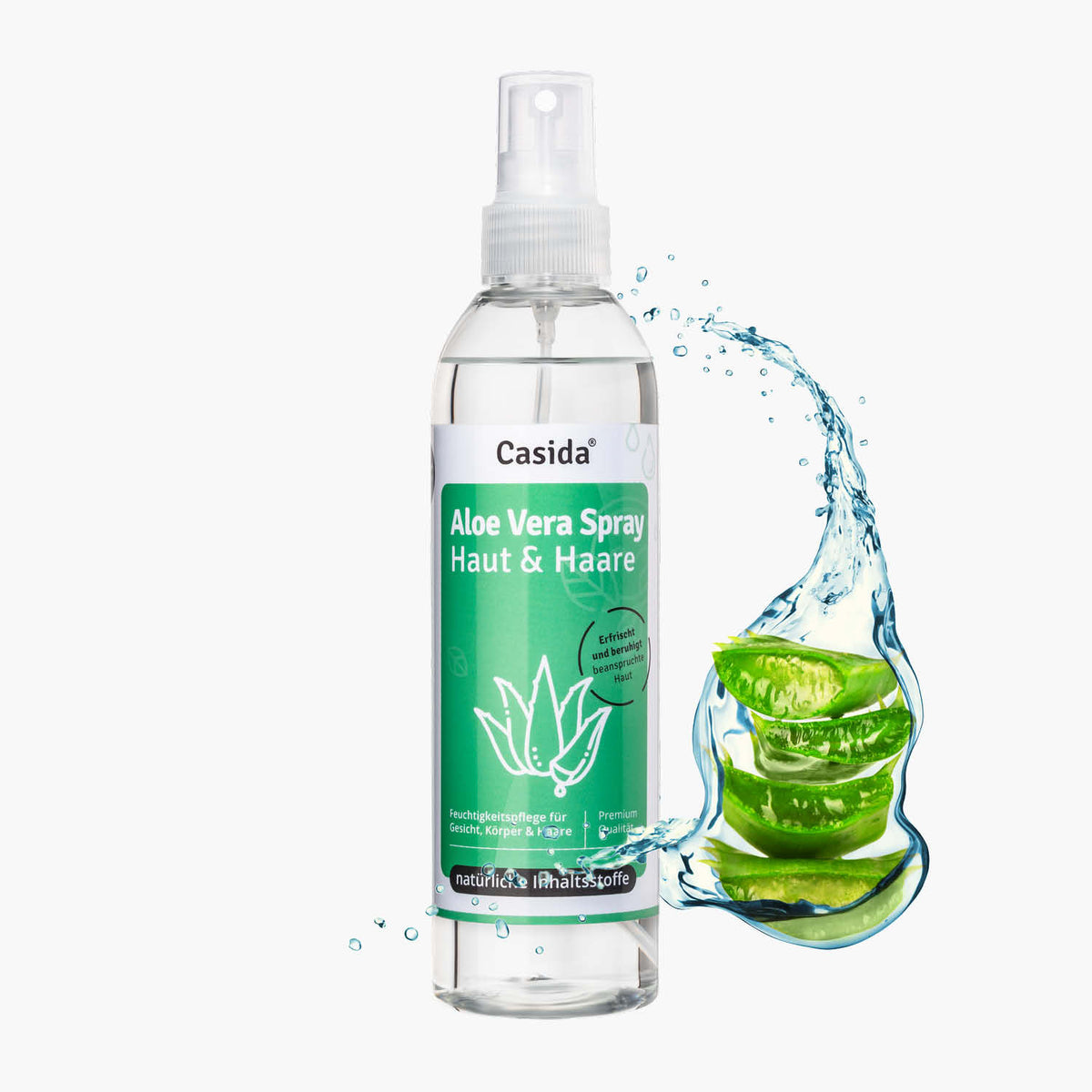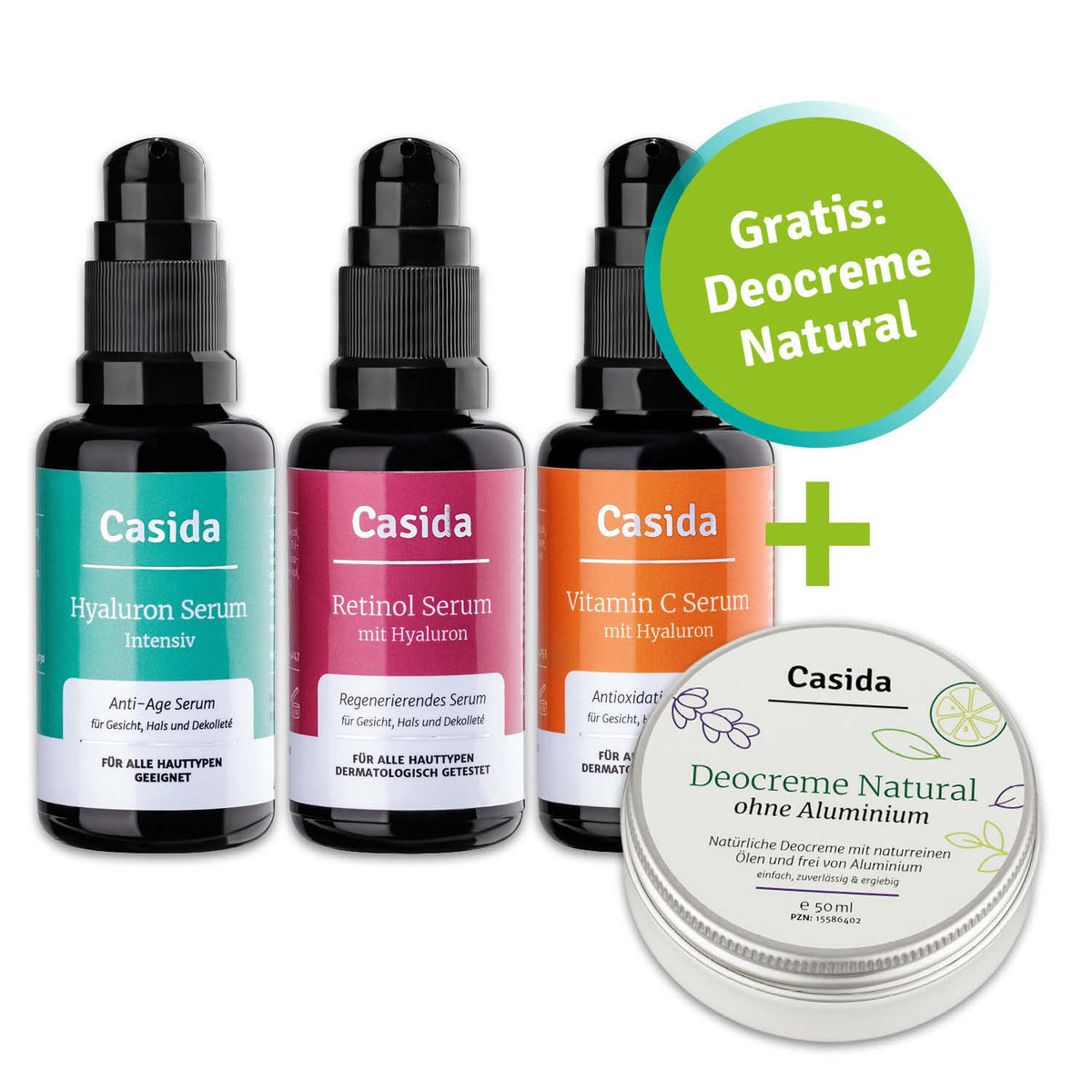The fight against multi-resistant germs has become one of the main problems on the health agenda, as antibiotics do not help to eradicate them. It is estimated that more people in Germany die every year from infections with hospital germs than from traffic accidents.
Stricter hygiene regulations are intended to stop the increased spread of infections caused by multi-resistant germs and reduce the use of antibiotics. However, studies* confirm that nature can also provide valuable help.
Using essential oils is a cheap and easy way to prevent dangerous and antibiotic-resistant germs such as MRSA. Essential oils can also be used to treat high-risk patients.
As early as the 1960s, the antibacterial effect of essential oils was proven by studies. The existence of 210 different bacteria was detected in one room. A reduction in the number of bacteria was observed just 30 minutes after the application of essential oils, which proves the antibacterial effect of the oils.
Table of contents
1 What effect do essential oils have on hospital germs?
In contrast to antibiotics, which usually consist of a single substance, essential oils consist of natural metabolic products. These are based on fat-soluble oils with a strong odor and thanks to their complex structure they have the ability to destroy MRSA.
Some essential oils consist of more than 500 substances, the nature of which varies depending on the origin, season and time of harvest. This complex structure prevents germs from "getting used to" these substances and developing resistance.
The effect of essential oils on hospital germs is proving to be particularly useful in view of the coronavirus pandemic. Several studies** show that the use of essential oils in the treatment of COVID-19 demonstrates anti-inflammatory, antiviral and immunomodulatory effects.
2. successfully fighting hospital germs with essential oils
Thyme, peppermint and eucalyptus as well as other coniferous woods and herbal essences showed strong cleansing properties. The Casida peppermint oil is ideal for aroma diffusers, for example. By using a diffuser, it is easier to release natural metabolites from the oil, which accelerates the cleansing function.
The naturally pure Casida eucalyptus oil is particularly suitable for respiratory complaints. It has an expectorant, decongestant and antiviral effect and can have positive effects in the treatment of patients at risk. According to a study***, the essential oils in eucalyptus leaves fight stubborn hospital germs such as Escherichia coli and staphylococci.
Thanks to its antiseptic, wound-healing, pain-relieving and circulation-promoting effects, the natural Casida lavender oil can be used in various areas, especially when it comes to germs.
Lavender essential oil has been shown in some studies**** to be particularly effective in killing hospital germs. The use of essential oils against MRSA offers a range of positive therapeutic effects as well as preventative potential in the post-antibiotic era.
3. essential oils as the medicine of the future
Numerous studies have repeatedly demonstrated the positive effect of essential oils. The aromatization of rooms reduces the concentration of bacteria, fungi and viruses. Essential oils are therefore ideal for reducing the risk of infection, especially in nurseries, schools, retirement homes and clinics.
In this way, simple methods and measures can have a positive influence on health care in all areas of life. Aromatherapy with essential oils promotes and maintains human health in a natural way, while also keeping the premises fresh and aromatized.
Sources & further links on the subject of essential oils against hospital germs:
- *https://pubmed.ncbi.nlm.nih.gov/15555788/
- **https://www.ncbi.nlm.nih.gov/pmc/articles/PMC7427755/
- ***https://www.ncbi.nlm.nih.gov/pmc/articles/PMC3609378/
- ****https://www.mdpi.com/1420-3049/25/1/95
Important note / disclaimer:
As pharmacists, we share our pharmaceutical expertise and wealth of naturopathic experience in the Casida guide. An individual diagnosis and consultation is necessary in every case. Therefore, this offer cannot replace medical advice. It is not intended to treat, cure or prevent any disease. It is not a substitute for medication or other treatments prescribed by a doctor.







